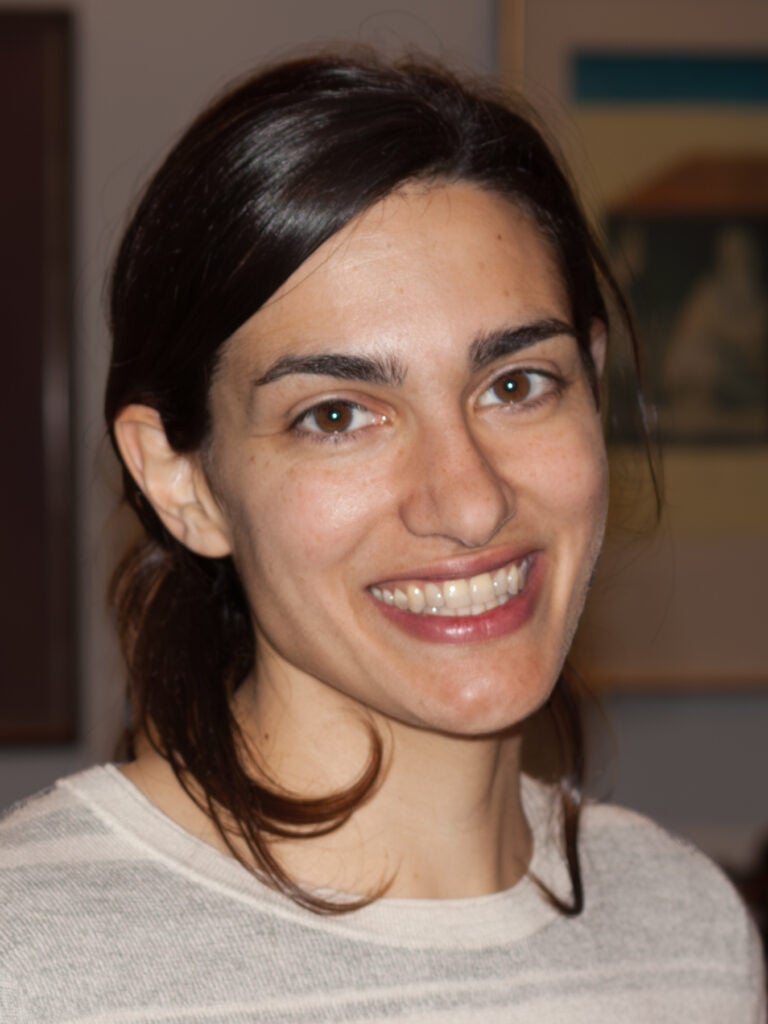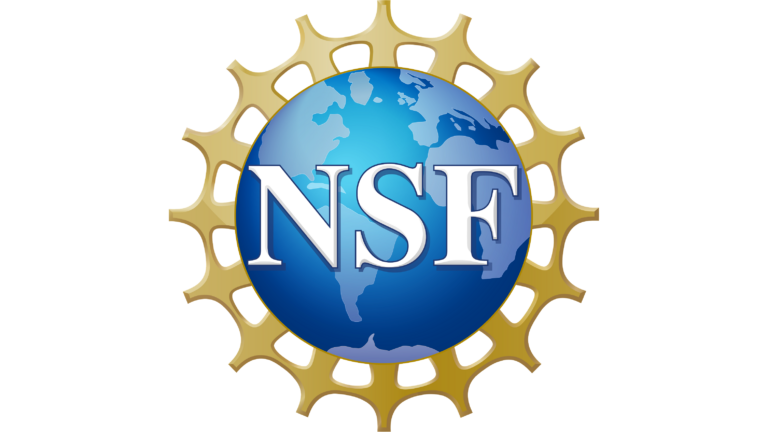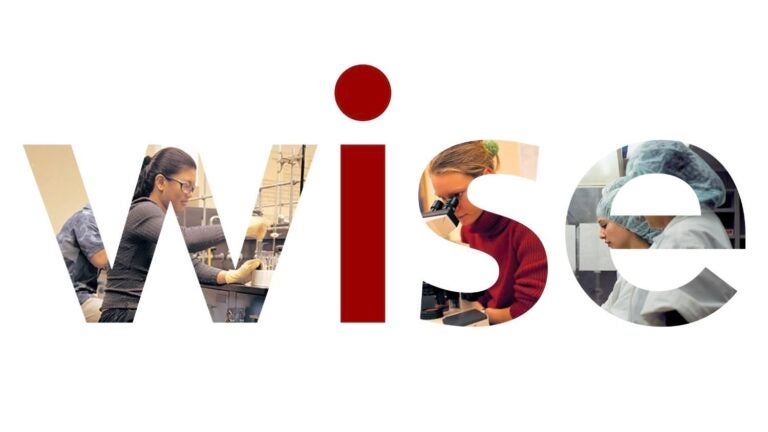Gabilan Distinguished Professor
of Science and Engineering
Professor of Mathematics
Dean’s Leadership Fellow for Physical Sciences and Mathematics
Director of Graduate Studies
Contact information
EMAIL : shassaf@usc.edu
OFFICE : KAP 438C
PHONE : (213) 740-2440
MAILING ADDRESS :
Department of Mathematics
University of Southern California
3620 Vermont Avenue
Los Angeles, California 90089-2532
United States of America

Education
- Ph. D. Mathematics, University of California Berkeley, 2007
- B.A. Honors Mathematics and Philosophy, University of Notre Dame, 2001
- North Carolina School of Science and Mathematics, 1997
Academic Appointments
- Professor of Mathematics, University of Southern California, 2022–present
- Associate Professor of Mathematics, University of Southern California, 2019–2022
- Assistant Professor of Mathematics, University of Southern California, 2012–2019
- CLE Moore Instructor, Massachusetts Institute of Technology, 2008–2011
- NSF Postdoctoral Researcher, University of Pennsylvania, 2007 — 2008
Selected Publications
- Sami Assaf, Nonsymmetric Macdonald polynomials and a refinement of Kostka–Foulkes polynomials, Trans. Amer. Math. Soc. 370 (2018), no. 12, 8777–8796
- Sami Assaf and Dominic Searles, Schubert polynomials, slide polynomials, Stanley symmetric functions and quasi-Yamanouchi pipe dreams, Adv. in Math. 306 (2017), 89–122.
- Sami Assaf, Dual equivalence graphs I: A new paradigm for Schur positivity, Forum Math. Sigma 3 (2015), e12, 33 pp.
- Sami Assaf, Persi Diaconis, and K. Soundararajan, A rule of thumb for riffle shuffles, Ann. Appl. Probab. 21 (2011), no. 3, 843–875.
Professor Assaf’s research is currently supported by the following:

National Science Foundation
Division of Mathematical Sciences
Research Grant DMS-2246785

Simons Foundation
Collaboration Grants for Mathematicians
Award 524477

Women in Science and Engineering
Gabilan Distinguished Professor
of Science and Engineering
If a ‘religion’ is defined to be a system of ideas that contains unprovable statements, then Gödel taught us that mathematics is not only a religion, it is the only religion that can prove itself to be one.
— John Barrow
